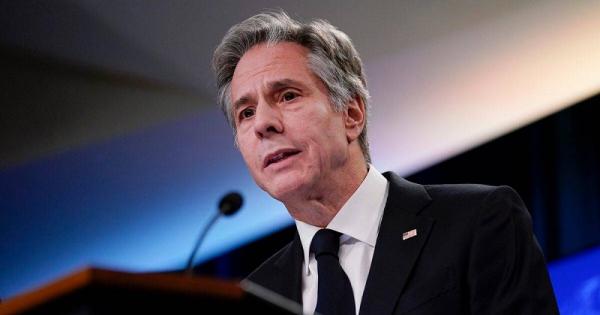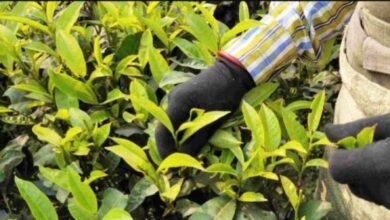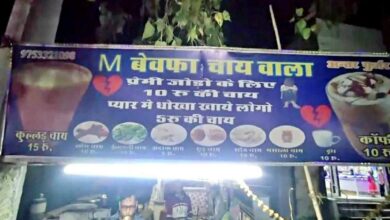What a democracy without resistance!

Dissent and resistance, these two things are the basic hallmarks and central and fundamental features of democracy. Democracy cannot be imagined without them. Countries in the world that do not allow expression of dissent and demonstration of resistance despite regular elections are not considered democracies. These lines of Ram Manohar Lohia have been repeated many times but are very relevant in today’s context, so it is necessary to say that ‘the streets will become deserted, the Parliament will become awara’. The hallmark of a vibrant democracy and an awakened parliamentary system is that its streets are populated with movements. This is necessary because governments have a natural tendency to be autocratic. It is not a matter of an individual, but a matter of power and power. It is also a much-repeated quote that ‘power corrupts and unlimited power corrupts infinitely’. But unlimited power does not just make corrupt, it also makes autocrats. For no power to be autocratic, it is necessary that there is a public expression of dissent and the movement of resistance continues.
Questions are being raised about the status of democracy in the country due to two current incidents. The first episode pertains to the derogatory remarks made by the National Spokesperson of the BJP on Prophet Mohammad. The remark was undoubtedly derogatory when the BJP itself took action against both its spokespersons and expelled them from the party. But instead of taking legal action against those protesting on the road, the BJP’s Uttar Pradesh government is getting bulldozers run at the houses of the accused. Demolition or violence cannot be justified in any demonstration or movement, but in the same way it cannot be justified to run a bulldozer at the homes of political and social workers involved in any demonstration. In this case, the government has more responsibility than the protesters. Like the protesters, governments cannot take the law into their own hands.
The second important point is that the parties, including the BJP, must change the pattern of resistance that has become a part of the country’s political culture, before punishing the protesters by using bulldozers. The kind of resistance and agitation that BJP governments are taking action against, similar movements have led to the formation of BJP. Be it the anti-reservation movement against the Mandal Commission report or the movement of the temple in Ayodhya, the BJP had adopted the same method, which it is using today to bulldozer. Even today, in the states where the BJP is in opposition, it is agitating in the same way that its governments are pelting sticks on the leaders of the opposition parties. This is the dual attitude of the BJP when it comes to protesting and dissenting in a democratic way.
The second context is the police action being taken against Congress leaders protesting against ED’s interrogation of Rahul Gandhi. The police is not only lathi-running the common Congress workers, but the police are showing such strictness on the MPs as if they are not MPs, they are terrorists. Police is cordoning Congress MPs in their homes so that they cannot come out and protest. Those MPs who got out in some way are being caught, dragged into vehicles and locked up in police stations. These include women MPs as well. It was an unprecedented incident that a contingent of police and paramilitary forces entered the Congress headquarters at 24, Akbar Road in New Delhi and dragged out Congress workers from there. Justifying this action, the police said that the worker concerned had gone inside in violation of the law, so the police also went inside. Do you know by violating which law the Congress worker had entered the party headquarters – of section 144!
Will there be any leader in BJP against whom there is no case of violation of Section 144? There can be no leader in this country without violating Section 144. This is the first lesson in the school of politics. But the question related to this is how many BJP leaders are there, who have had to use sticks or have been beaten with kicks and punches or have been dragged on the streets for violating Section 144? This question from BJP is because along with the communist and socialist parties of the country, BJP is the party which has been in opposition for the longest time. Most of the time of the Bharatiya Jana Sangh and then the Bharatiya Janata Party has been spent in the opposition. Like the communist and socialist parties, it too has a long history of agitating, protesting and dissenting. Only then is he expected to have this minimum courtesy that if he is in power, he should at least treat the opposition parties as he has been with while in the opposition. If you can’t treat him better, then at least do it.
It is a matter of regret that the BJP governments are not treating the opposition as an opposition, but as a known enemy. His police is acting in a fashion to quell dissent and resistance. Its agencies are working to spoil the credibility of the entire opposition. Never before has such behavior of central agencies been seen. It has become an undeclared rule that the one who is in opposition is corrupt and as soon as he joins the ruling party, the stains of his corruption are washed away. Many examples of this can be given. But that is not the issue of concern at this time. The issue of concern is that of power becoming autocratic. The point of concern is an attempt to destroy the accepted democratic tradition of expressing dissent and agitating against any policy or action of the government. The issue of concern is the thinking of considering the opposition as the enemy. The issue of concern is the attempt to suppress the voice of the opposition on the basis of majority and power. Keep in mind that this will not only weaken the opposition or political opponents, it will weaken democracy. The democratic system will be weak and ultimately the citizens will be weak. People should not be under any illusion. No government in the world works for the people. Only then is it the responsibility of the opposition and civil society to hold governments accountable. Unfortunately, there is such a large section of citizens in India, who have been ignorantly confined within the narrow definition of their interests and are blind to the larger interest of the country, society and themselves.




